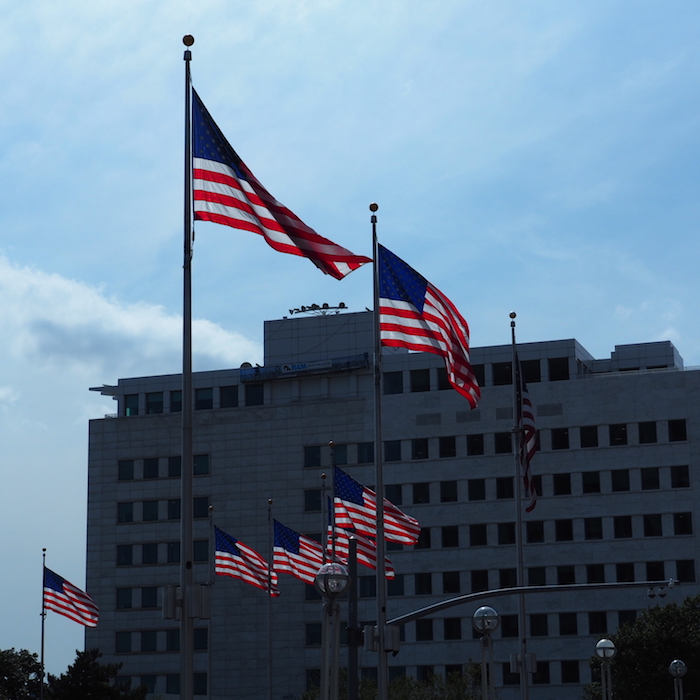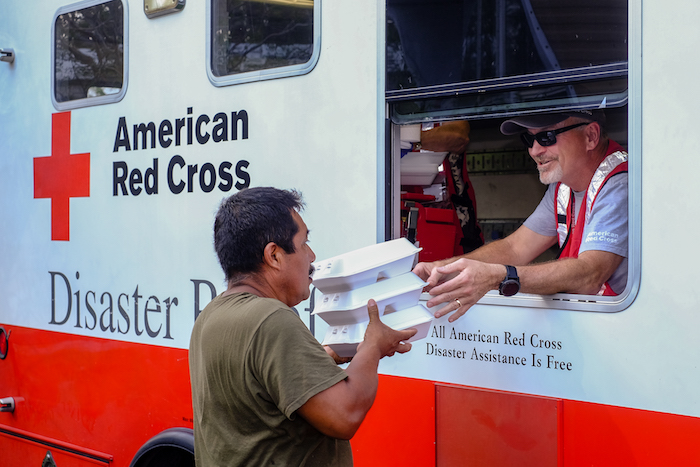Margy is a secretarial assistant at Bowling Green State University. She lives in Tontogany, Ohio, a town of only 400 people. Her father was a veteran, and she has internalized that commitment to our country and flag.
On the moment she realized the importance of citizenship:
I never thought about it at all until I was called to be on jury duty and said, “I’m not going to do it.” My mom said I’d be an excellent juror, and it was my duty. And so I went.
What she thinks makes people a good citizen:
I think being a good citizen is respecting your government. It’s respecting your flag. I was taught that you respect the president, no matter who’s in office. It doesn’t matter whether he’s the person you voted for or not. Unfortunately, you don’t see that much today.
Her civic pet-peeve:
It really bothers me when I see people rioting, because I think that it makes the whole United States look bad. I don’t remember Republicans rioting like Democrats have been recently when Obama was elected president.
What civic respect looks like in action:
Respect is standing up when you say the Pledge of the Allegiance, at school and at ball games. You’re not only doing it for the country, you’re also doing it for the people who lost their lives to give us the freedom we have today. The flag is important for all of us, for where it’s been all over the world. We should have it outside our houses.
Her experience with people of the opposite political party is reassuring:
I think that people of the opposite political party are good citizens, and I think they’d say the same about me. Where I work is very liberal, so I try to keep my tone down. One professor told me, “Margy, you’re perfect, except that you’re a Republican.” I laughed, and said, “I could say the same about you being a Democrat.” I listen to Democrats, I understand them, and sometimes I agree with them.
What she thinks politicians need to do:
They all just need to sit down and talk. It’s not this party versus that party. We’re in this together. Politicians need to start (seeing) that. They need to be working together, for us.
She’s skeptical of students’ civic education:
They don’t even teach civics anymore. At all. What a shame. I think kids need to learn about voting. I think kids aren’t taught that enough. So, they’re just going to learn what their parents say.
Her perspective on immigration in the wake of 9/11:
I think that if immigrants obey the laws that we set out, they can be an American. It’s respecting the flag, and having honor. They should also have that love of country. I understand the fear of Middle Eastern immigrants since 9/11. I think we just need to look at people’s paper work more closely (before they come in). But once people are here, we shouldn’t send them home.

